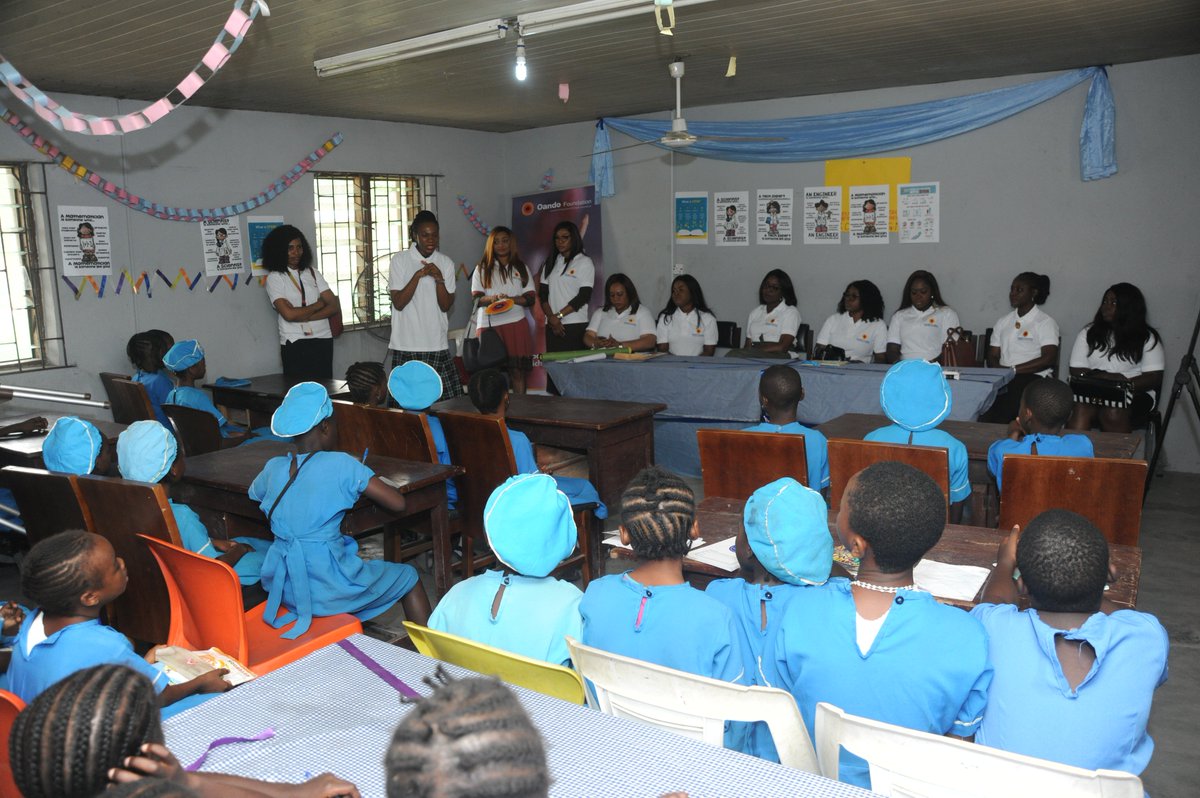Women in the African energy sector at a recently concluded Oil Council: Africa Assembly advocated a more balanced operating environment for players in the oil and gas industry devoid of gender.
Speaking under the aegis of Women’s Energy Council, they expressed concern that women currently make up less than 22% of employees in the industry and just 5% of boards, making the energy sector one of the least gender-diverse in the economy, with sparse female representation in technical and field roles.
Speaking at a panel discussion themed: “From Encouraging Science, Technology, Engineering, and Mathematics (STEM) Subjects to Balancing the Boardroom: Gender Diversity & Equality in the African Energy Industry,” recently, they spoke of an urgent need to nip the situation in the bud, one of the bases for the creation of the group.
As part of a panel on gender equality, comprising representatives of indigenous companies in Africa and International Oil Companies (IOCs), Oluseun Solanke, Principal Reservoir Engineer, Oando Energy Resources, noted the fact that the industry is now appreciating “the value of gender balance and how it impacts the populace. We need to see the Nigerian Government taking a more active role in trying to push gender balance as actively as it does local content policies.”
Other panelists, according to a statement by Oluwatoyin Jolapamo, of Oando Plc, discussed topics ranging from how challenges women face in the workplace vary between IOCs, NOCs, and independents; how oil and gas companies can encourage more participation in STEM subjects and entry into technical fields for women; exploring how perceptions and unconscious biases can be influenced and re-educated in a male-dominated workplace, and real life, practical advise for women in more junior positions.
One of the key takeouts from the Women’s Energy Council Panel session, the statement continued, is a recognition that participation of women in the economy is an important ingredient for its development and growth, adding that disproportionate employment numbers affect not only women’s livelihoods, but the well-being of their communities, resulting in a three-fold loss to the industry.
This is because the statement continued, oil and gas companies have a smaller number of highly qualified candidates to choose from when filling positions, especially in the middle and higher ranks, because many talented women either never join the industry or drop out prematurely. As a result, the companies miss out on the higher quality of teamwork, diversity of perspectives, and creativity in the solving of technical and business problems that characterize those with larger percentages of female employees, just as the industry’s relative lack of gender diversity, particularly in the senior ranks, hurts its reputation among women as a career choice. This can create a vicious circle, with the industry finding it progressively more difficult to recruit women across the board.
The session highlighted that women work disproportionately in office jobs; they have a very limited presence both in technical roles, which are often considered prerequisites for career advancement and in upper management. The upshot: oil and gas companies are failing to fully leverage a potentially sizable and critical pool of talent.
This is why the statement continued, women in the oil and gas industry have decided to change this narrative, an example of which is Oando’s International Day of Women and Girl in Science mentorship initiative.
In commemoration of the 2019 International Day of Women and Girls in Science themed ‘Investment in Women in Science for Inclusive Green Growth’, Oando led by a delegation of its female engineers mentored female pupils in one of its adopted primary schools, Archbishop Taylor Primary School, Victoria Island, on the role and importance of Science, Technology, Engineering and Mathematics (STEM) in the world, why they are passionate about STEM and proud to have built successful careers in it.
The programme, according to the statement, was to provide a platform for them to engage female pupils towards considering and embracing STEM subjects for a future career in STEM by sharing real life and relatable stories that would inspire the young girls.
Solanke, one of the mentors, advised the girls to be proactive in their research into STEM-related careers, she also spoke extensively on what motivated her to a career in the sciences.
The statement said Oando is performing commendably better than the Boston Consulting Group (BCG) average for metrics such as ‘women technical roles’ and ‘female executives,’ with 38% females in the company, compared to the BCG’s 22% average. For entry-level positions, Oando boasts of 52% women, compared to BCG’s 50%; just as 21% of its women are in technical roles, compared to the BCG’s 16%; while 28% of women in Oando hold leadership roles, compared to BCG’s 25%.
Photo caption: A delegation of Oando Plc female engineers during a visit in March 2019 to mentor female pupils of Arch Bishop Taylor Primary School, Victoria Island, Lagos, one of Oando Foundation’s adopted primary schools.








